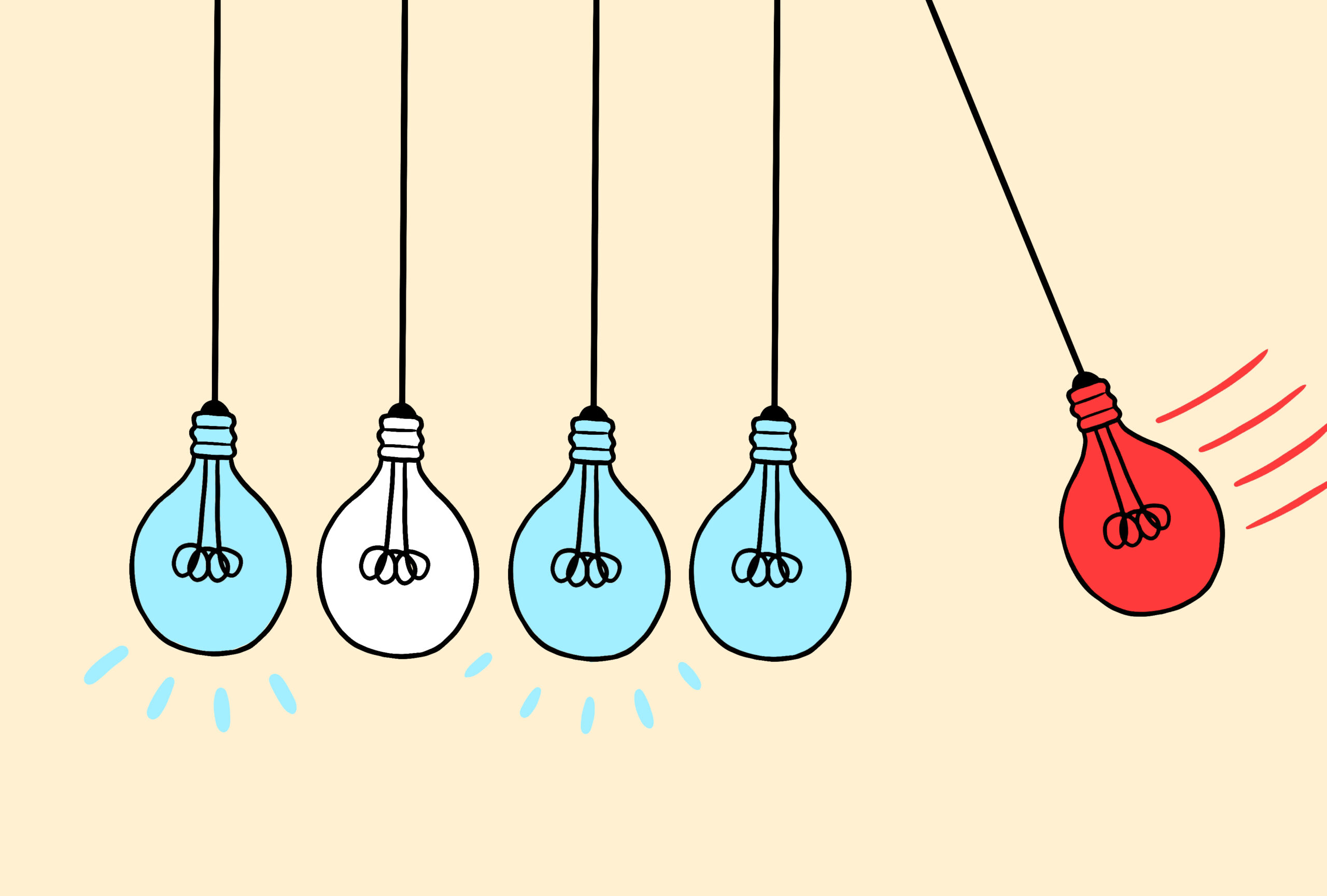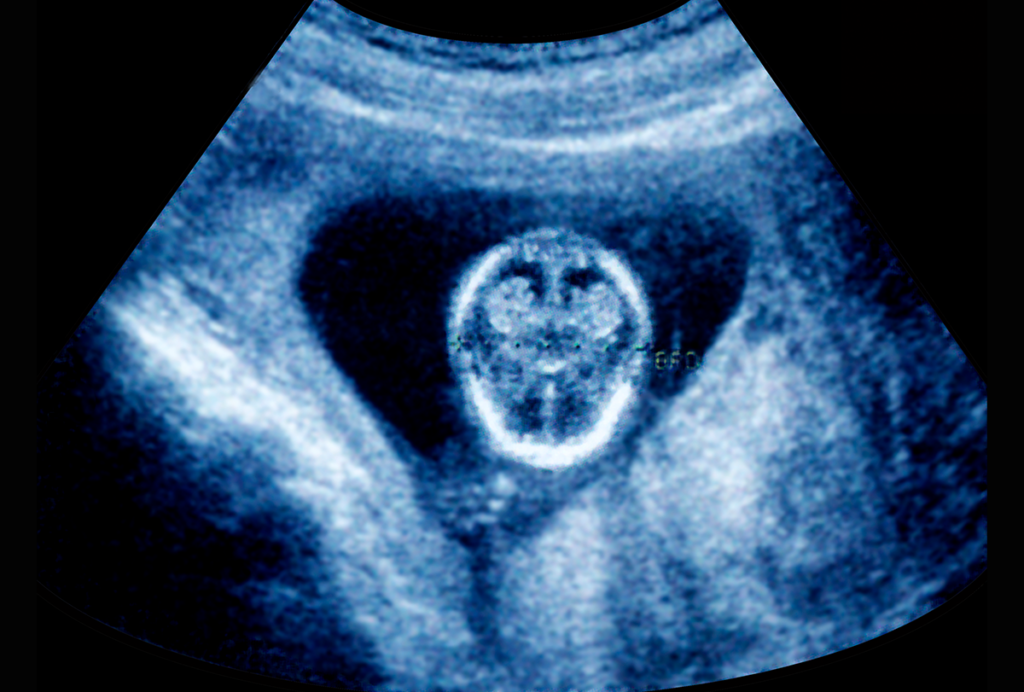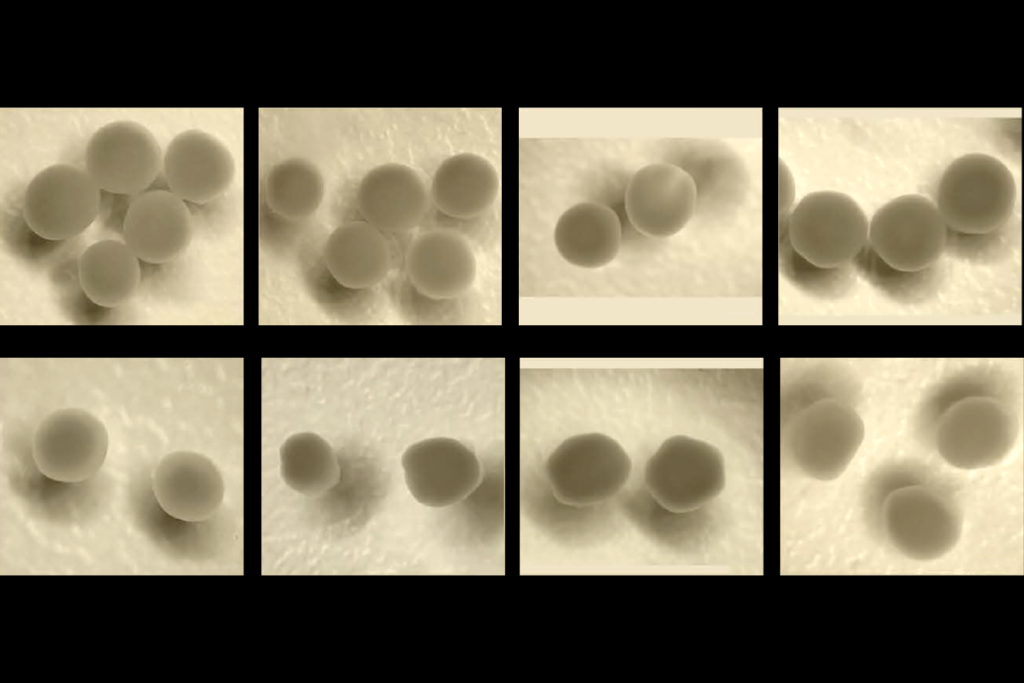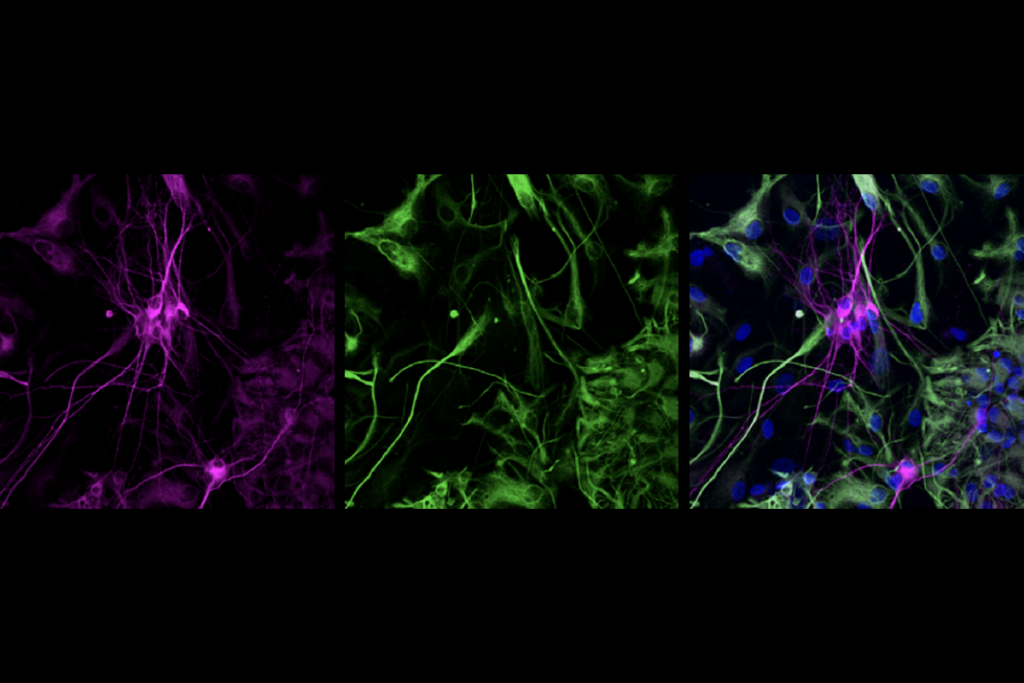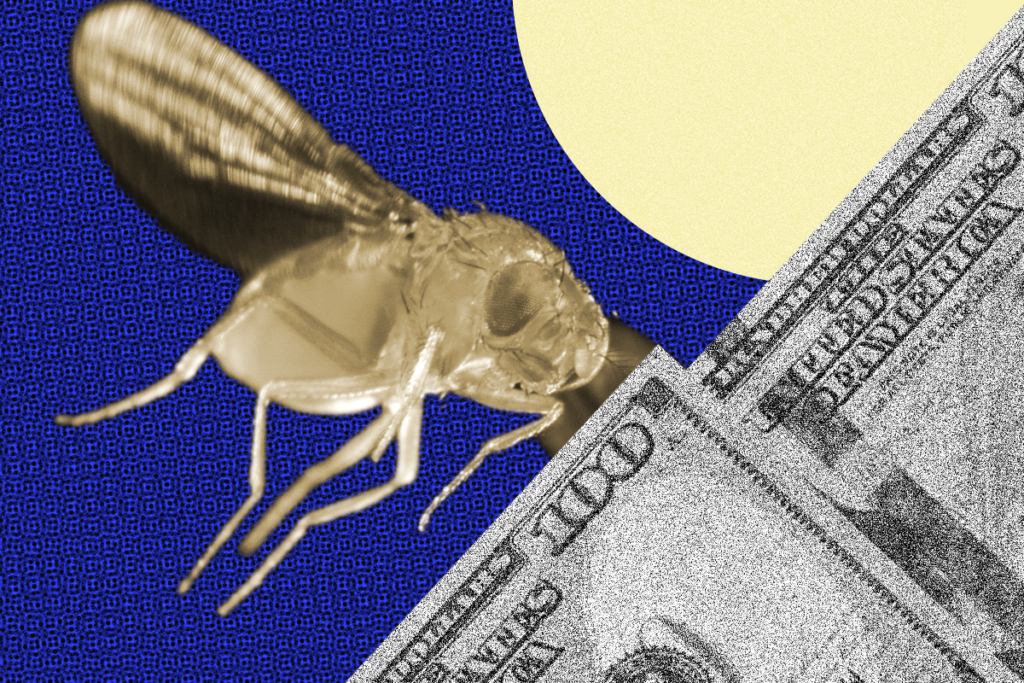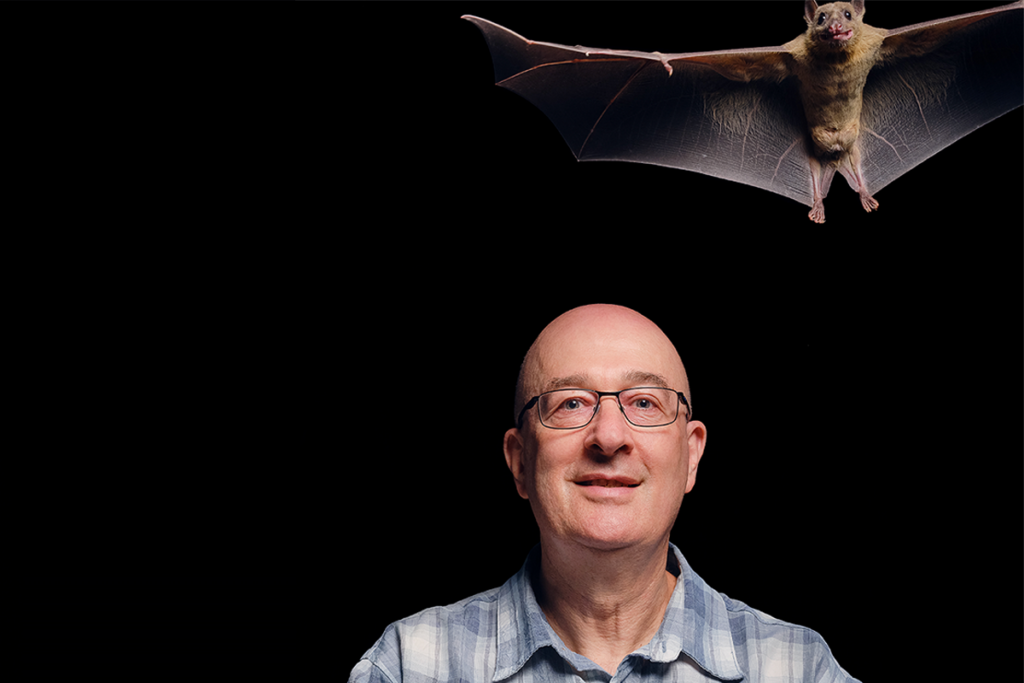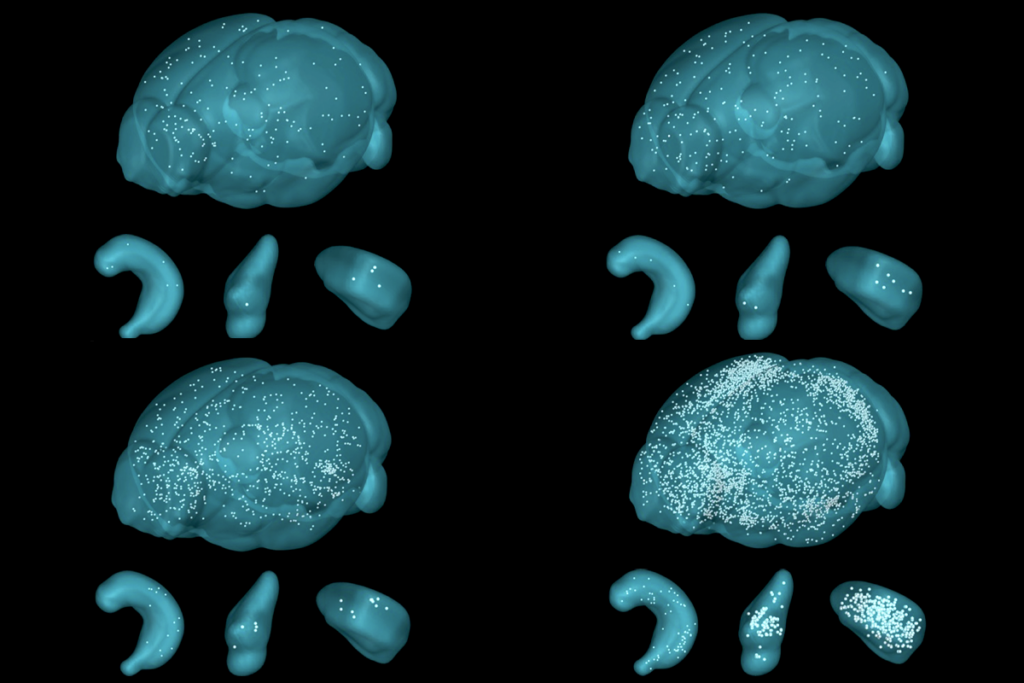For the first time in three years, Spectrum is headed to the International Society for Autism Research’s (INSAR) annual conference in person, in Austin, Texas. Well, most of us, anyway. I will be holding down the virtual coverage from Brooklyn. If you’re attending, whether in person or online, be sure to say hello and tell us about your conference experience. And if you see — or are presenting — any great null results or replications, pass them along to [email protected] and I may include them in a future newsletter.
In the meantime, here’s the latest roundup of such results.
Diagnostic bias:
Autism’s sex bias is well known: About four times as many boys as girls have a diagnosis. What’s less clear is the extent to which that difference is biological or due to biases in the diagnostic process, including how different measures are used. A new study provides evidence for the latter. Researchers gave 467 previously diagnosed autistic children and teenagers the ‘gold-standard’ test, the Autism Diagnostic Observation Schedule, Second Edition (ADOS-2). After controlling for the overall intensity of autism traits, the team saw no differences on ADOS scores between the girls and boys. “Overreliance on the ADOS-2 may result in underdiagnosis” for girls, the investigators write.
The findings were published in the Journal of Autism and Developmental Disorders in April.
Gender diversity:
Evidence from large population studies, largely using parent questionnaires and adult self-reports, suggests that autistic people have a more varied experience of gender than non-autistic people do. But no study to date had asked autistic children about their gender directly. A new survey asked 140 autistic and 104 non-autistic children aged 10 to 13 about their gender, using multiple questionnaires — including one that, instead of simply asking whether someone wishes to be the opposite sex, uses qualitative measures to assess, for example, the degree to which a child feels neither male nor female. Echoing other results, autistic children reported more gender diversity, matching their parents’ descriptions.
The findings were published in Autism in April.
Et al.:
- The antidepressant citalopram, marketed as Celexa and commonly prescribed for anxiety, does not significantly help autistic children with the condition. Journal of Child and Adolescent Psychopharmacology
- Among infant siblings of autistic children, language ability doesn’t predict changes in motor skills during the first years of life, nor do early motor skills predict baby sibs’ language development. Autism
- Non-autistic adolescents, like non-autistic adults in previous research, say they are less interested in socializing with autistic adults than with non-autistic adults. Autism in Adulthood
- Adults with and without autism do equally well on measures of time perception, though they report some differences when it comes to time-related behaviors in their daily lives, such as planning activities and losing track of time. Journal of Experimental Psychology: General
- Neither hypertension nor preeclampsia during pregnancy are associated with increased autism traits in the child, but maternal obesity and gestational diabetes are. American Journal of Epidemiology
Follow us on Facebook, Twitter (@Spectrum), Instagram and LinkedIn. Check out my latest work.
Subscribe to get this newsletter and the best of Spectrum straight to your inbox.
